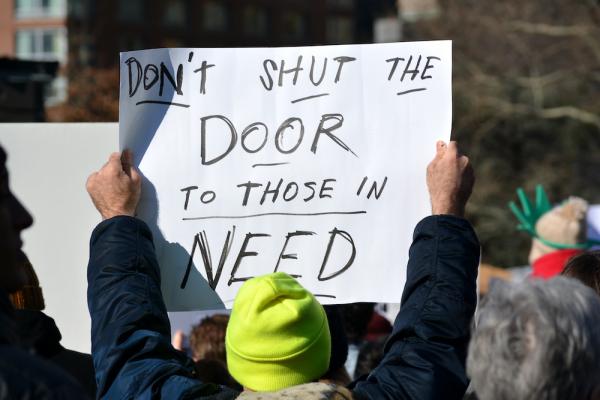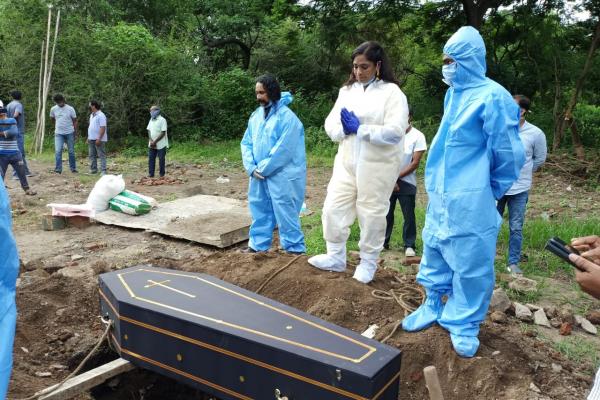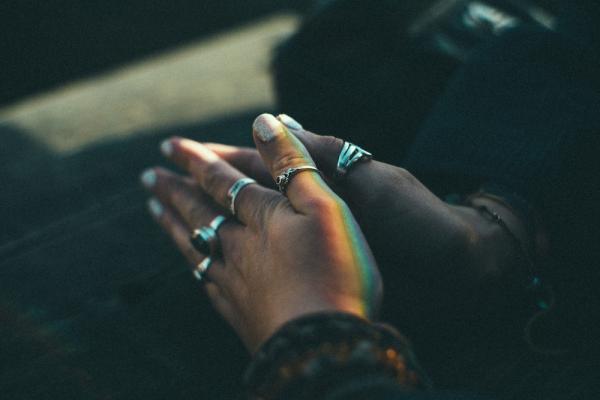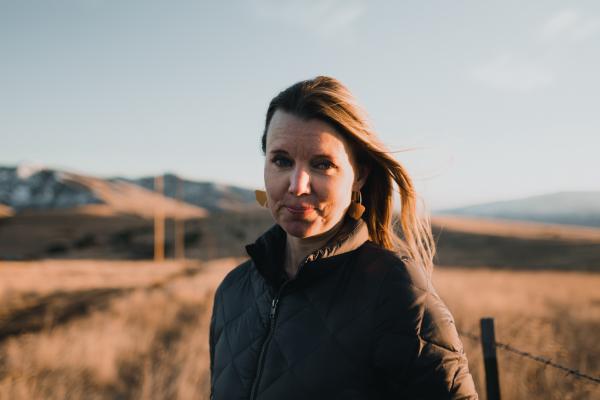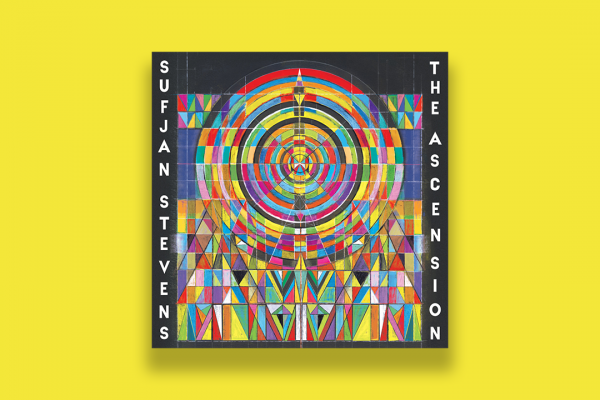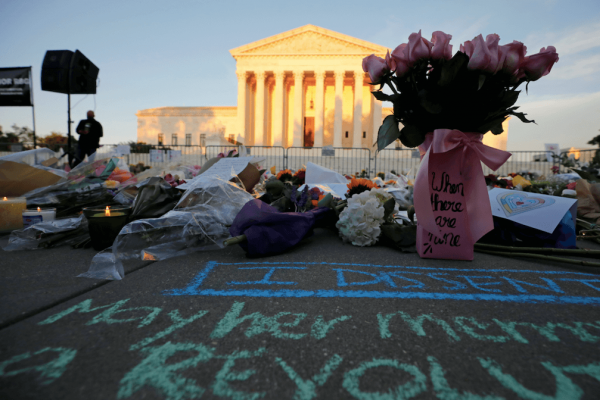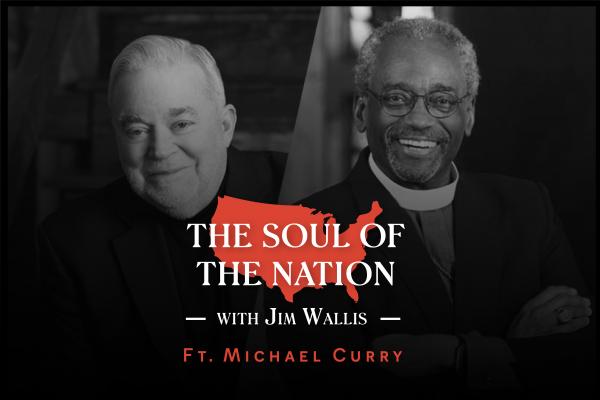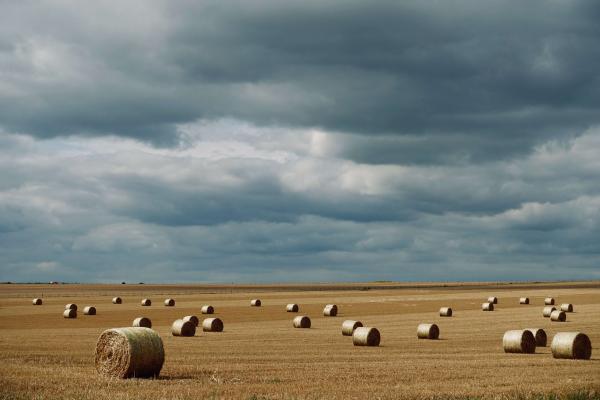As news spread that Donald and Melania Trump have contracted COVID-19, thoughts, prayers, and tweets have started pouring in from across the U.S.
Despite our immense wealth as a country, poverty has always been a problem in the United States. It remains as an insidious legacy of slavery and systemic racism as well as an ever-present barrier in largely white rural communities and increasingly among Americans living in suburban communities.
The Trump administration said on Wednesday it intends to allow only 15,000 refugees to resettle in the United States in the 2021 fiscal year, setting another record low in the history of the modern refugee program.
Death does not scare Sagai Nair. She lowers the deceased into coffin boxes, carries them by foot to the graveyard with five other volunteers, uses a shovel to dig six feet inside the earth, and recites verses from the Bible for the grieving families. After paying her last respects, she burns her protective gear, sanitizes herself, and prepares for the next burial. In a coronavirus hotspot, 47-year-old Nair is the only woman in India burying the dead—a traditionally male-dominated occupation.
We shouldn't be surprised that an election that has come to be about race and culture is also the first in which the sitting president refuses to agree to a peaceful transfer of power. Both of us — a white Christian and a Black Christian, both evangelicals — have both been noticing how differently white people and Black people, even those on the same side of the political aisle, are talking about what we are up against.
Anne Helen Petersen is a writer and journalist based in Missoula, Mont. She recently left BuzzFeed, where she was senior culture writer, and now runs the Substack newsletter “Culture Study.” In her new book, Can’t Even: How Millennials Became the Burnout Generation, Petersen dives into the systems and culture that have driven the generation’s need for constant productivity that led to burnout. In her latest newsletter, she focuses on the contours of clergy burnout.
The album is titled The Ascension but, I’ve got to be honest, Sufjan Stevens’ latest masterwork has me feeling the lowest I’ve felt about this country since the start of quarantine.
It was hard to remain hopeful this week — this year, really. We’re living in an age of dissent.
Rev. Jim Wallis speaks with Presiding Bishop Michael Curry of the Episcopal Church about God making a way for healing and love from the painful divisions of the coronavirus and white supremacy in our country.
There is no guarantee of divine reward for our goodness, nor threat of eternal punishment for our misdeeds. And yet, we are instructed each year, to stop the busyness of our lives, contemplate our own mortality, and make concrete changes based on our conclusions. One might wonder, why bother?


